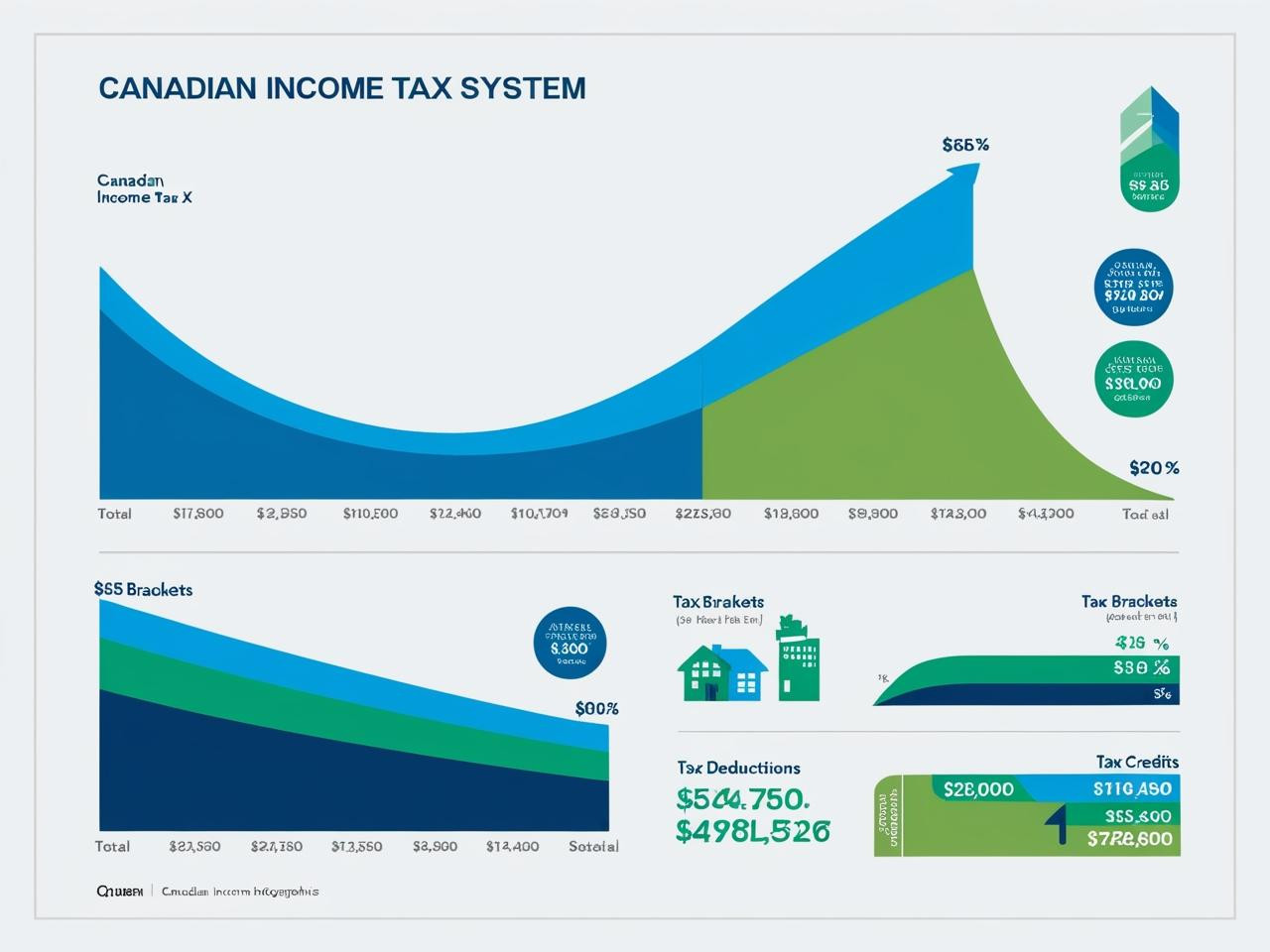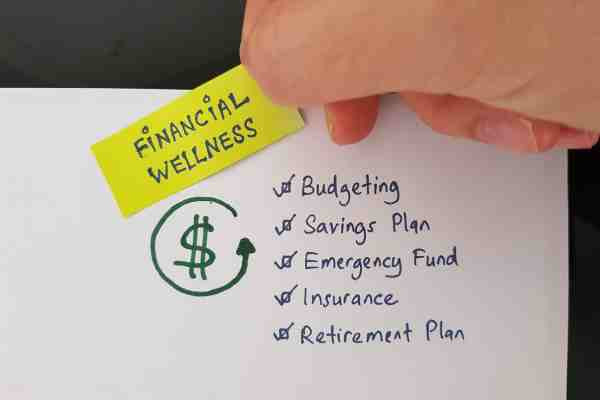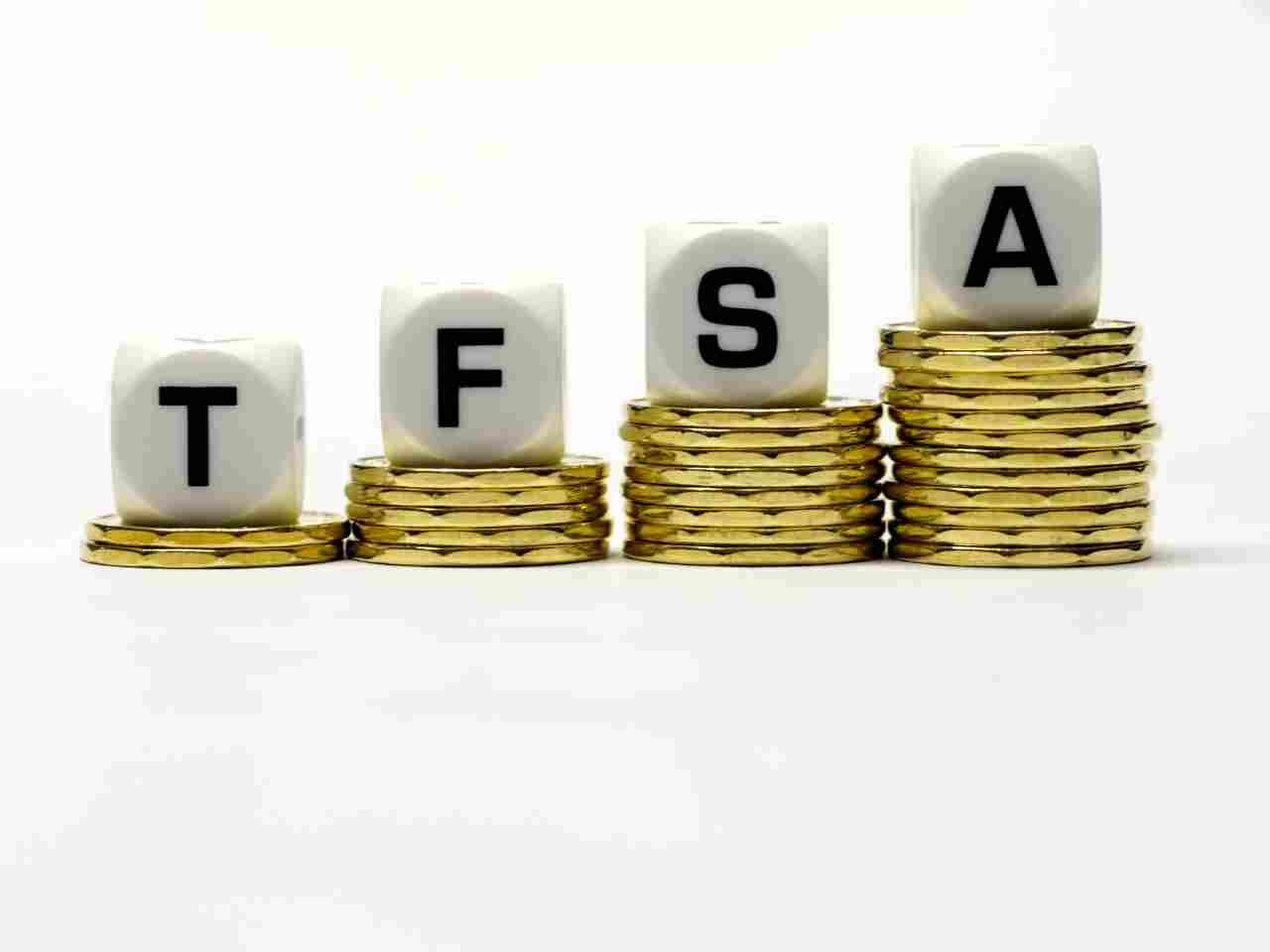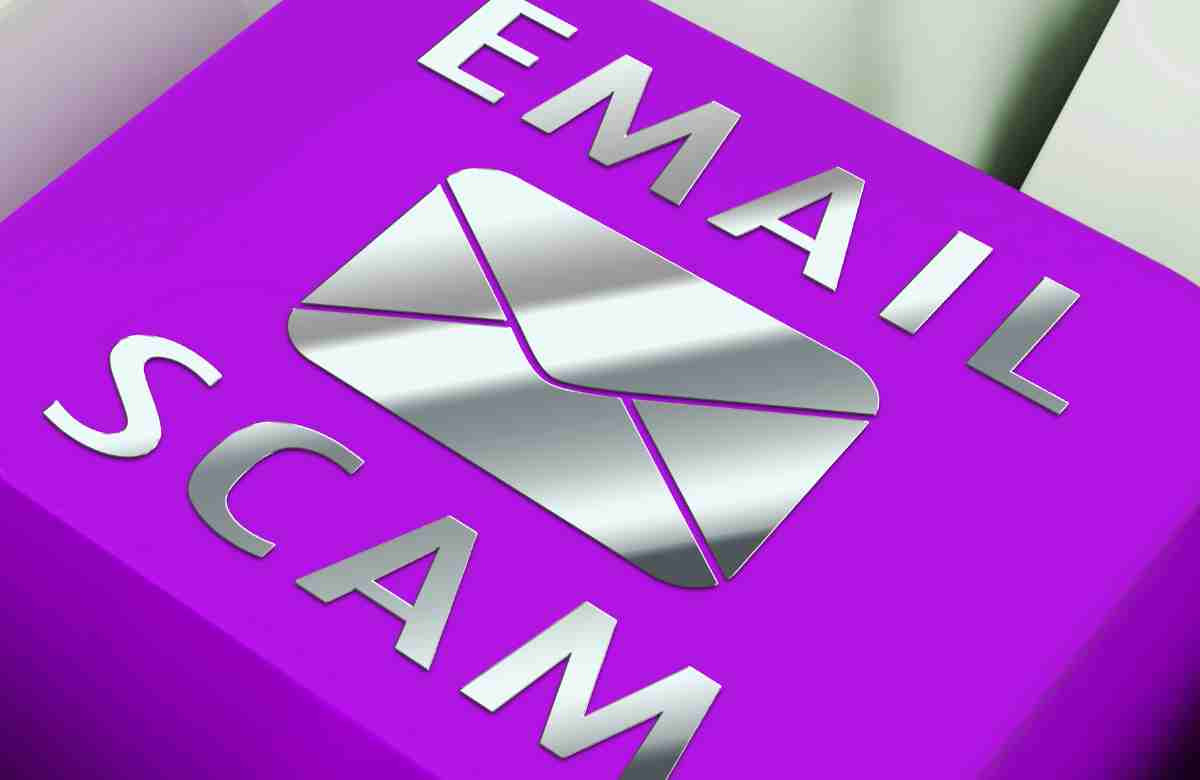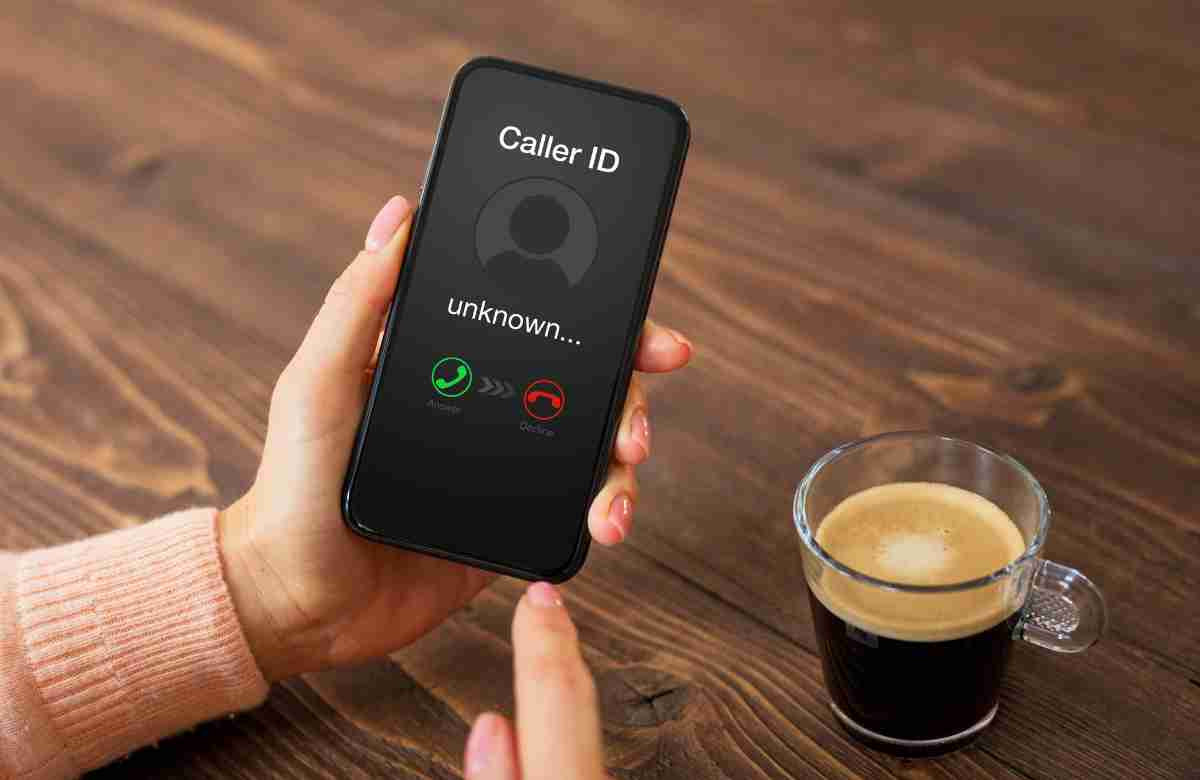TN CPA Professional Blog
The TN CPA Team is your source for the latest Canadian tax news and updates on changing tax laws.
We are pleased to provide a variety of resources on accounting, bookkeeping taxation, and other related subjects that we hope will be helpful to both individuals and businesses.
If you have any questions, simply contact us by email or call 416-318-6789. We will be happy to meet with you for a free, no-obligation consultation.Disclaimer:
The content provided in this blog is for general informational purposes only and is not intended as professional accounting, tax, or financial advice. While efforts are made to ensure the accuracy and timeliness of the content, errors or omissions may occur. The content does not constitute a client-advisor relationship. Readers should consult with a Chartered Professional Accountants or other financial professional for advice tailored to their specific needs. We are not liable for any actions one might take based on the information provided in this blog.
Canadian income tax is getting more complicated every year. The following outlines ways to minimize your taxes which may save you money!
Now that you understand how a RRIF works, you need to take the Tax Implications of RRIF Withdrawals into account to maximize your income. Not doing so could lead to lower returns in your pocket.
This article is timely, with the end of the year in sight.
A Registered Retirement Income Fund (RRIF) is a retirement income vehicle in Canada, designed to provide a steady income stream to retirees by converting savings from a Registered Retirement Savings Plan (RRSP) into taxable income. Here's how it works:
The choice between a Tax-Free Savings Account (TFSA) and a Registered Retirement Savings Plan (RRSP) depends on various factors, including your financial goals, current income, and retirement plans. Here are some key considerations for both:
Are There Tax Benefits for Couples in Canada?
Curious about the tax advantages that come with getting married or living in a common law relationship? In Canada, there are indeed significant tax perks for couples. The following will begin to outline them.
Minimizing taxes for a deceased taxpayer's estate in Canada involves careful planning and following specific strategies. The goal is to reduce the tax liability of the estate and maximize the assets passed on to beneficiaries. Here are some steps to consider:
As the 2022 tax year is behind us, it is a good idea to start early and plan for 2023. Here are some suggestions on how you can save money on your Canadian income tax for this year:
The CRA will not send text messages, or instant messages (Facebook Messenger, WhatsApp) to start a conversation with you under any circumstances.
If you receive a text or instant message purporting to be from the CRA, prompting you to click on a link or requesting information, you can safely delete it.
The Canada Revenue Agency (CRA) might email you:
- to let you know that a new message is available on your CRA website account.
- to send you a link for a webpage, form, or publication that you requested during a call or meeting with a CRA representative.
- to let you know about tax credits and benefits for individuals or online services such as My account.
Numbers from the Canadian Anti-Fraud Centre show that direct calls remain the number one means of solicitation for fraudsters.
Although the CRA may contact you via phone to review your income tax and benefit return, it's important to note that legitimate government employees will always identify themselves with their name, employee number, and phone number.
It’s tax time again. If you are like others, you may feel overwhelmed by the process. Sadly, scammers are aware of this and take advantage of people's fears by trying to steal money and gain unauthorized access to personal data and financial details. The Canada Revenue Agency has seen a dramatic increase in the sophistication of scam attempts, so it is essential that you learn the difference between legitimate communication and a scam from the CRA. The best way to protect yourself from potential fraud is by learning the signs.
Determining how you pay yourself as a small business owner is a very important decision as it concerns finances and taxes.
With the end of the year fast approaching, we thought it would be timely to discuss the medical expense deduction on your tax return.


